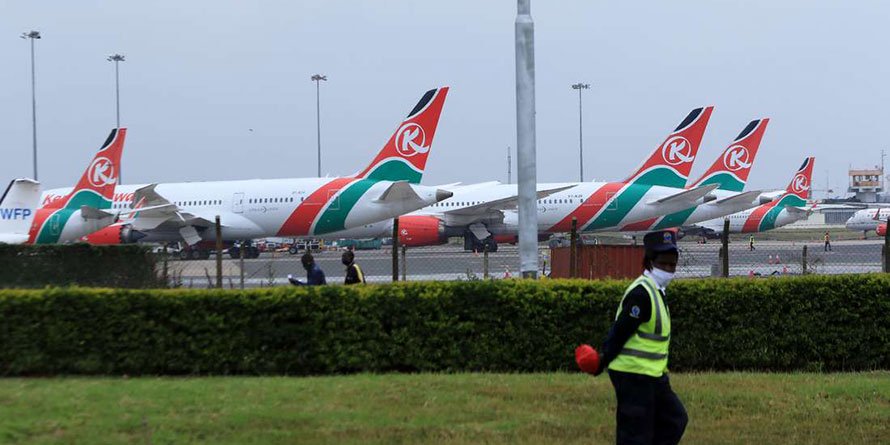The model proposed by State did not work when Kenya Airways was a public entity and there is nothing to show that it will work now. FILE PHOTO | NMG The reign of Margaret Thatcher in the 1970s and 1980s in the UK and the US respectively saw the world witness the resurgence of neoliberalism.
The 19th century ideas of free market capitalism mostly associated with privatisation, deregulation, globalisation and free trade came to occupy the centre stage in economic thought. The World Bank bought the idea and pushed many developing countries into privatising state enterprises.
In 1996, the government, after spirited resistance, caved in and privatised Kenya Airways, making it the first airline in the entire continent to go that direction. While most developing countries embraced the idea of privatisation, some, notably Australia, Canada, New Zealand, Malaysia and even China took a different trajectory. They decided to corporatise — a model that uses features and behaviours employed by private corporations — autonomous from government to bring efficiency gains.
Australia’s response to the privatisation movement was in the form of commercial reforms bill of 1987 that led to the corporatisation of Qantas Airways among other state enterprises. The bill sought to remove over 40 long-standing controls from its Government Business Enterprises (GBEs).
In a 1998 brief — Reforming Public Enterprises in Australia — to the OECD, John Marsden of Marsden Jacob and Associates said that some of the changes included: their right to enter into contracts without ministerial approval, exemption from processes under the Public Works Committee Act of 1969, and their ability to invest surplus monies and enter loan contracts without government approval.
There were further changes like the right of the board to dismiss the chief executive, the removal of many public service staffing and administrative practices, and their right to establish their own superannuation schemes.
The government, however, set up a mechanism for setting clear GBE objectives, including strategic directions, financial targets and distribution policies.
It also improved reporting requirements to both relevant ministers and the parliament while ensuring some autonomy.
The Kenyan government in its wisdom has set in motion the transport sector reforms through the National Aviation Management Bill, 2020. It is nothing near what most countries did with their state-owned enterprises. It is worse than the pre-1996 legal framework when government interfered with the operations of the airline and virtually bankrupted it through a bloated labour force.
The Bill creates a three-tier […]
